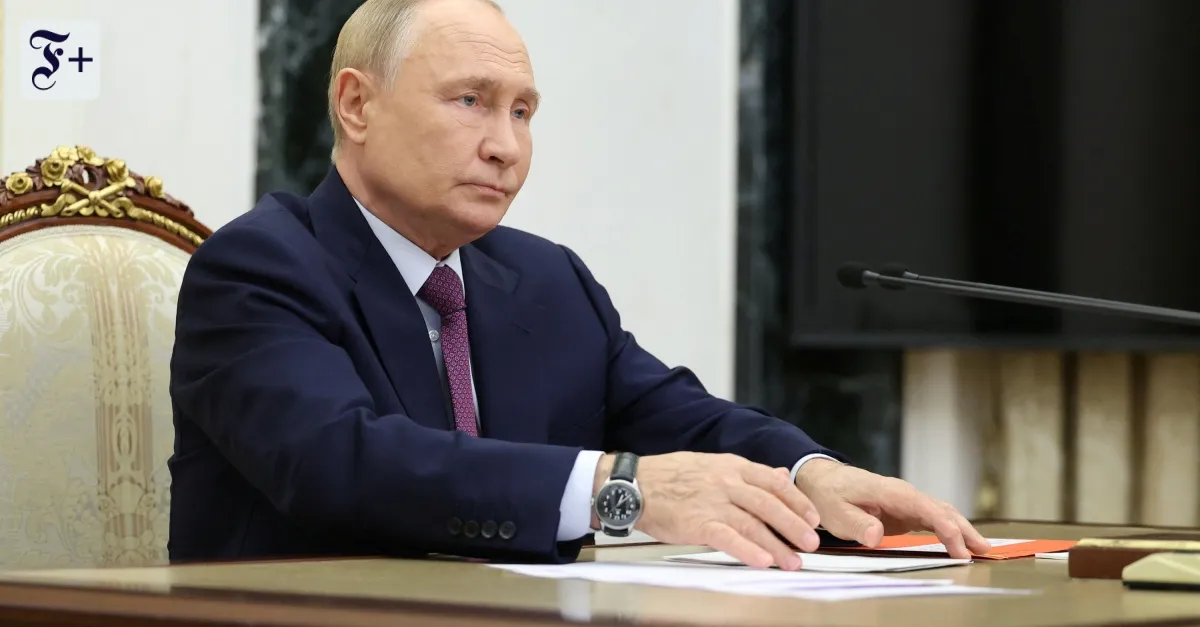Understanding Putin's Reforms to Russia's Nuclear Doctrine

Putin's Nuclear Doctrine Reform Explained
President Vladimir Putin unveiled significant updates to Russia's nuclear doctrine, a move seen as strategically timed with Ukraine's President Volodymyr Zelensky's visit to Washington. This reform aims to redefine the nuclear engagement rules and address perceived threats from NATO-backed Ukraine.
Key Updates from Putin's Announcement
- Expansion of Target States: Putin indicated that the definition of states subject to nuclear deterrence will broaden, particularly to include nations aiding Ukraine.
- Revised Usage Criteria: The new doctrine specifies conditions under which Russia might launch nuclear weapons, highlighting a significant shift in prior policy.
- Alliance Recognition: Interestingly, Belarus will be explicitly noted as a partner state in nuclear strategies, following previous military ties.
Implications for Global Security
The implications of Putin's nuclear approach are severe. The potential for escalation in military confrontations with Ukraine raises numerous concerns among global leaders. Tensions may also affect relations with countries like China and India, who are strategic allies but wary of excessive aggression from Moscow.
This article was prepared using information from open sources in accordance with the principles of Ethical Policy. The editorial team is not responsible for absolute accuracy, as it relies on data from the sources referenced.